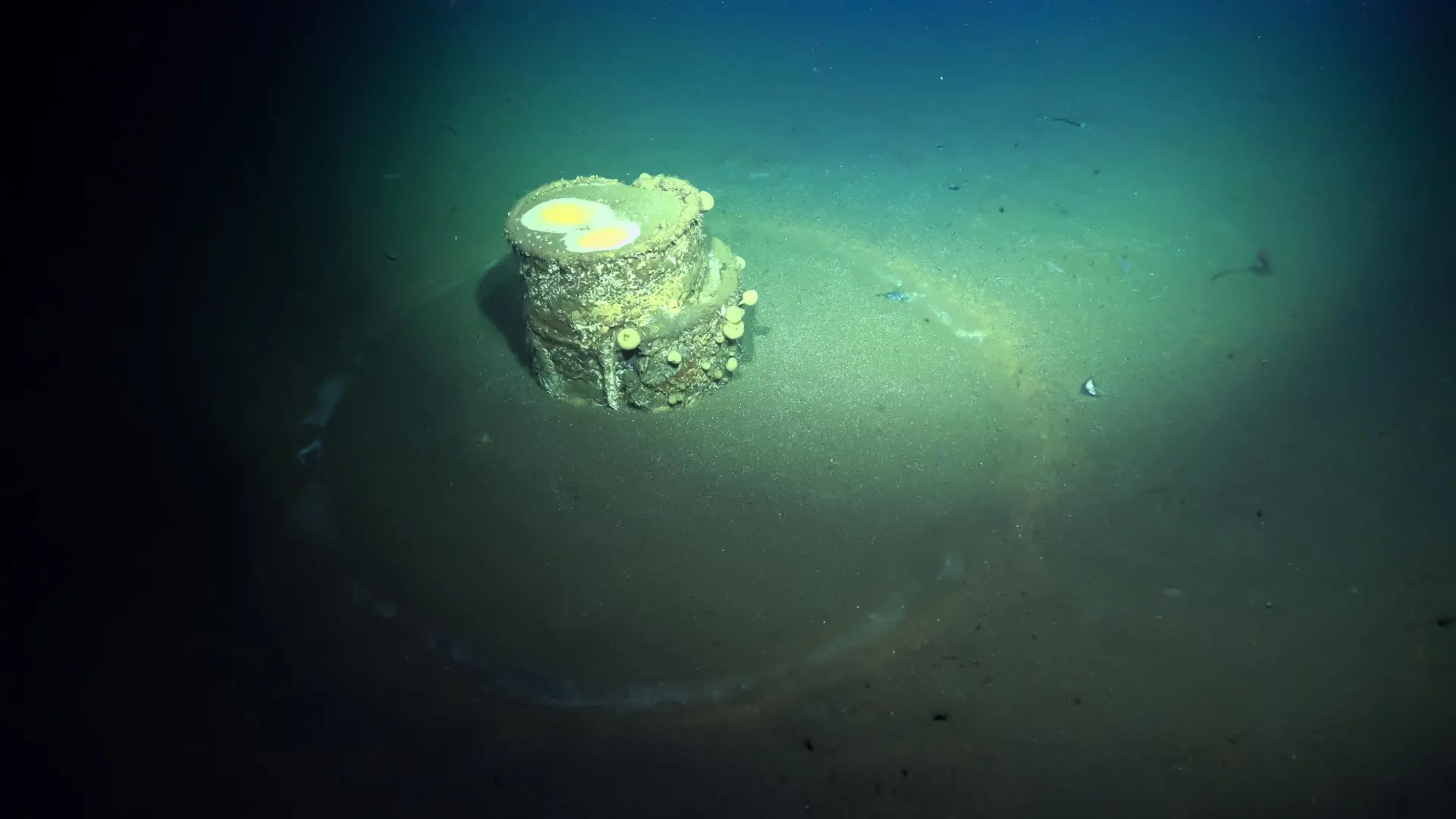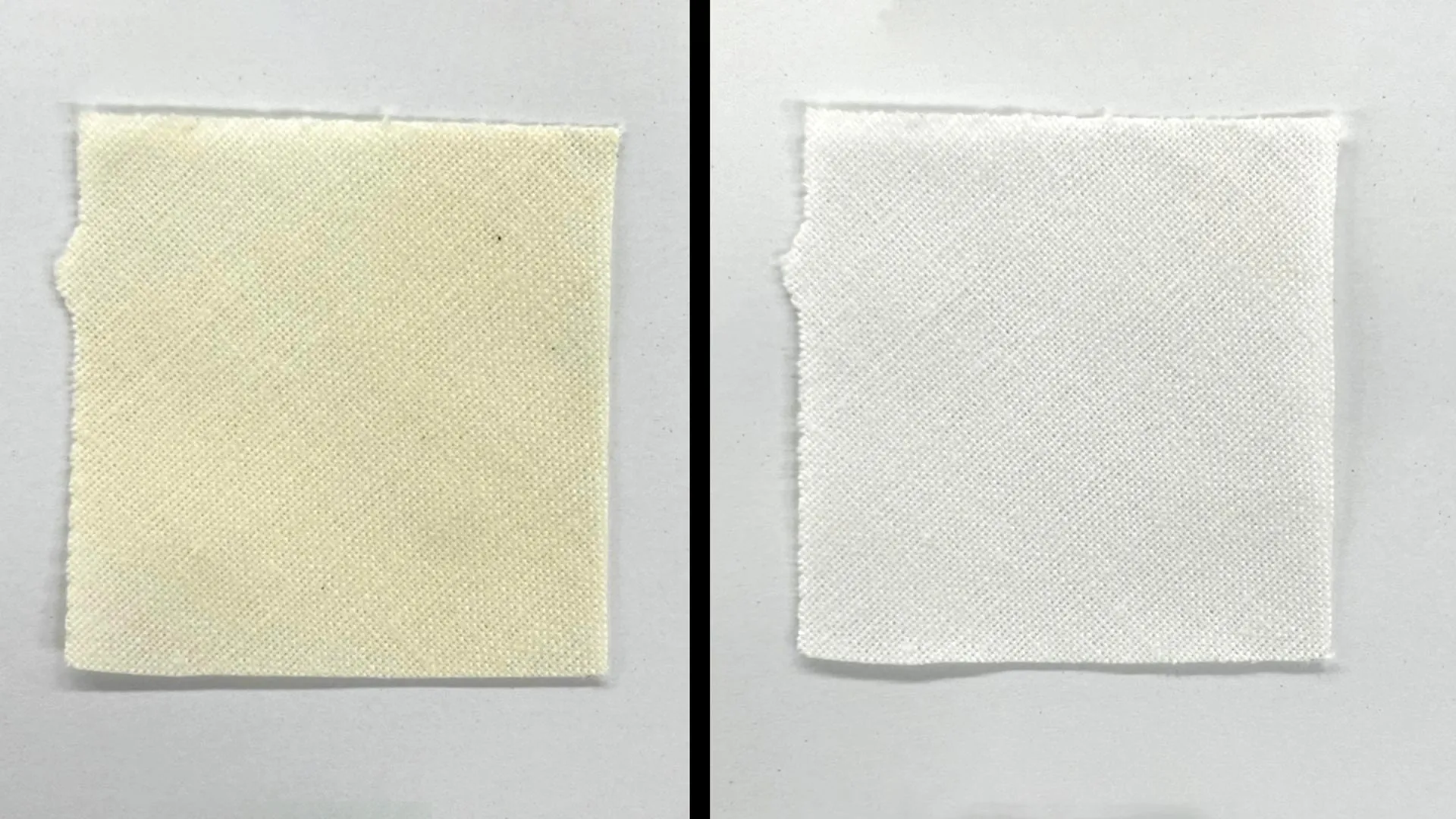
Photo by Hans Reniers on Unsplash
The Buena Vista (BV) Board of Education (BoE) heard from the science program evaluation committee during its Monday, April 28, meeting. The school board unanimously approved the recommended science materials.
The evaluation of programs occurs in a five-year cycle. Science and health were up for evaluation and approval and both were approved by the board. The health program evaluation will be covered in a separate article.
Superintendent Lisa Yates spoke about the efficacy of the science program as the science evaluation committee presented its recommendations. BV students consistently score highest in Science during state testing.
BV Middle School (BVMS) teacher Greg Hogan introduced the goals of the science program. “We really want it to be student-centered. We really want it to be based around problem-solving.
The belief statement for the science program is:
“In the Buena Vista School District, we believe science education is intended to provide all students with the knowledge, skills and understandings as defined by Colorado Academic Standards in science. Because science education reflects science and engineering practices integrated with disciplinary core ideas and cross cutting concepts, science education in BV Schools addresses all three dimensions. The skills of scientists, including critical thinking and reasoning, evaluation of phenomena, self-direction, collaborative problem-solving, and innovation are foundational to science learning in BV Schools. Curiosity and asking questions are fostered through opportunities for discovery. Finally, science experiences in BV Schools will promote student understanding, enjoyment, and application of science to make the world a better place. Students will also recognize the influence of science on everyday life by engaging in activities that utilize the unique characteristics of our locale; connecting the classroom and the natural world.”
The research led to five key points:
- That science learning should be anchored in real-world problems.
- That three-dimensional learning (science and engineering practices, core ideas, and crosscutting concepts) leads to deeper understanding.
- That students should use evidence-based thinking to support their ideas and participate in discussions.
- That students should have ownership of their learning by being active participants and evaluating progress.
- That science lessons should be engaging, hands-on, and inclusive.
Commendations for the science program included staff stability and new lab spaces in the new building. The evaluation committee also noted that many BVHS graduates pursuing science classes have reported that BVHS science classes prepared them for higher level courses.
Professors at Western State University have also praised the preparedness of BVHS graduates.
For elementary grades, the committee recommended continuing to use Mystery Science. They also hoped to increase communication with families about science instruction to “dispel misconceptions” that science only uses videos and worksheets.
BVMS recommendations were to maintain resources with additional consumables. Because the conclusion was that the program is working well, few changes were suggested.
BVHS recommendations included the addition of an Advanced Placement (AP) Environmental Science Class, selling outdated books and equipment, consistent CLD (Culturally and Linguistically Diverse) support, and increasing funding through class fees for courses with consumable materials.
BV High School (BVHS) Ecology teacher Sarah Evans spoke about her goals for the class. She said she hoped to enable students to pursue a water quality certification through CDIP for students taking Ecology. The certification can be included on resumes and help students get internships. The district would also receive money for each student who passes the test.
For BVHS materials, the suggestion was also to maintain current texts with some replacements and additional needs for the new courses.
General recommendations included seeking additional professional learning funds to support staff, considering how to get more family participation in the survey, and implementing an annual inventory of chemicals.
Staff who participated in the science program evaluation were:
- Greg Hogan, Middle School
- Steven Jesselson, Middle School
- Kim Naegele, High School
- Nancy Jirka, High School
- Sarah Evans, High School
- Maggie Mercer, Avery-Parsons
- Megan Schultz, Avery-Parsons
- Ashely Tess, Avery-Parsons
- Katie Pfalzgraff, Avery Parsons
- Tawnya Propernick, Avery Parsons
- Amanda Bellingar, Avery Parsons
Hannah Jayne (Special Projects) and Superintendent Yates served as advisors.
Board director Paula Dylan asked about the age of some of the recommended materials, which could be outdated.
The committee responded that, because science is constantly advancing, teachers use significant supplemental materials to keep content up to date.
Later that evening, the board unanimously approved the science program materials with little discussion.
More information on the evaluation committee’s findings is available in the Science Comprehensive Program Evaluation and Curricular Development report included in the meeting packet.





